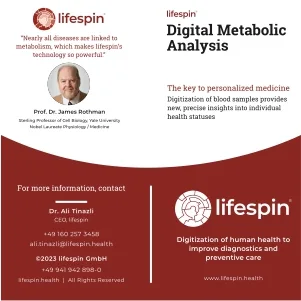Geneva-On December 4, 2023, the government of Togo, with support from partners like Gavi, WHO, UNICEF, and UNFPA, will introduce the human papillomavirus (HPV) vaccine into its routine immunization system, marking a significant step in the fight against cervical cancer.
A catch-up campaign preceding the rollout targets girls aged 9 to 14 from November 27 to December 1, aiming to reach approximately 656,240 girls within this age group.~
However, Cervical cancer, ranking as the third most common cancer in Togo according to Globocan 2020, has spurred the government to prioritize prevention. With 595 women diagnosed annually, the introduction of the HPV vaccine becomes a crucial strategy, particularly for the two million women at risk.
Cervical Cancer the most common after Breast cancer
“In Togo, cervical cancer is the second most common cancer in women after breast cancer. Every year, an estimated 595 women are diagnosed with cervical cancer 417 of whom die of the disease. Also, It is important to prevent this disease in young girls. Hence the need for this catch-up campaign and for this vaccine to be introduced as part of routine immunisation. I would like to reiterate the government’s gratitude to our partners for their multidimensional support,” said Professor Moustafa Mijiyawa, Minister of Health and Public Hygiene.
“WHO recognises the magnitude of cervical cancer and other diseases associated with human papillomavirus (HPV) as major health problems. That’s why in 2020, WHO committed to accelerating the elimination of cervical cancer alongside 194 countries around the world. WHO congratulates Togo on its move to introduce the human papillomavirus vaccine into routine immunisation. I can vouch for the WHO’s commitment to supporting the implementation of national cervical cancer prevention programmes,” said Dr Diallo Fatoumata Binta Tidiane, WHO Resident Representative in Togo.
In consideration of UNICEF’s perspective, Dr. Sidibe BA Aissata, UNICEF Resident Representative in Togo, emphasizes the necessity for the success of the HPV vaccine introduction. This necessitates the utilization of both existing and innovative communication strategies, as well as social and behavior change strategies. It is crucial to take into account the socio-cultural context of the country. Emphasizing the importance, Dr. Aissata highlights the necessity of keeping communities and their leaders well-informed, engaged, and actively participating in the social mobilization program.
For UNFPA: “Vaccination against the human papillomavirus offers an opportunity to make the fight against cervical cancer a reality and thus save the lives of many women and reduce the socio-economic burden of this disease on families. This is why we strongly support this campaign and the integration with raising awareness among adolescents about menstrual hygiene.”
“Adolescent girls across Togo can now receive the protection they need to live a life free of cervical cancer. As we take the first steps towards protecting an entire generation from the devastation this cancer brings,” said Thabani Maphosa, Managing Director of Country Programmes Delivery at Gavi, the Vaccine Alliance. “I encourage all parents and communities to support their daughters as they embrace this opportunity to safeguard their futures.”
Also Read: Nigeria Implements Africa’s Largest HPV Vaccine Drive to Combat Cervical Cancer
Moreover, With 27 out of 47 African countries and 10 out of 17 West African countries having introduced the HPV vaccine. Togo’s initiative aligns with global efforts to immunize 86 million girls in low- and middle-income countries by 2025. Furthermore, This move marks a significant step forward in Togo’s commitment to the health and well-being of its population












